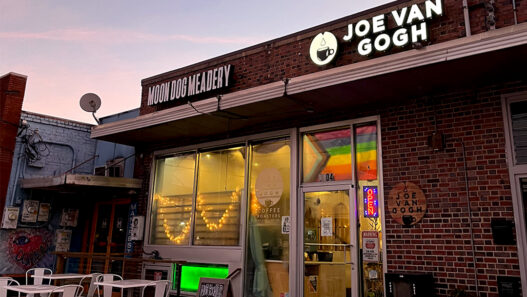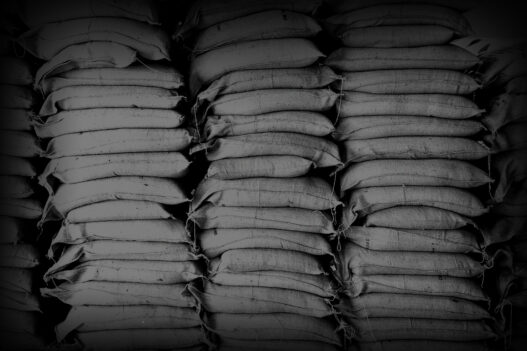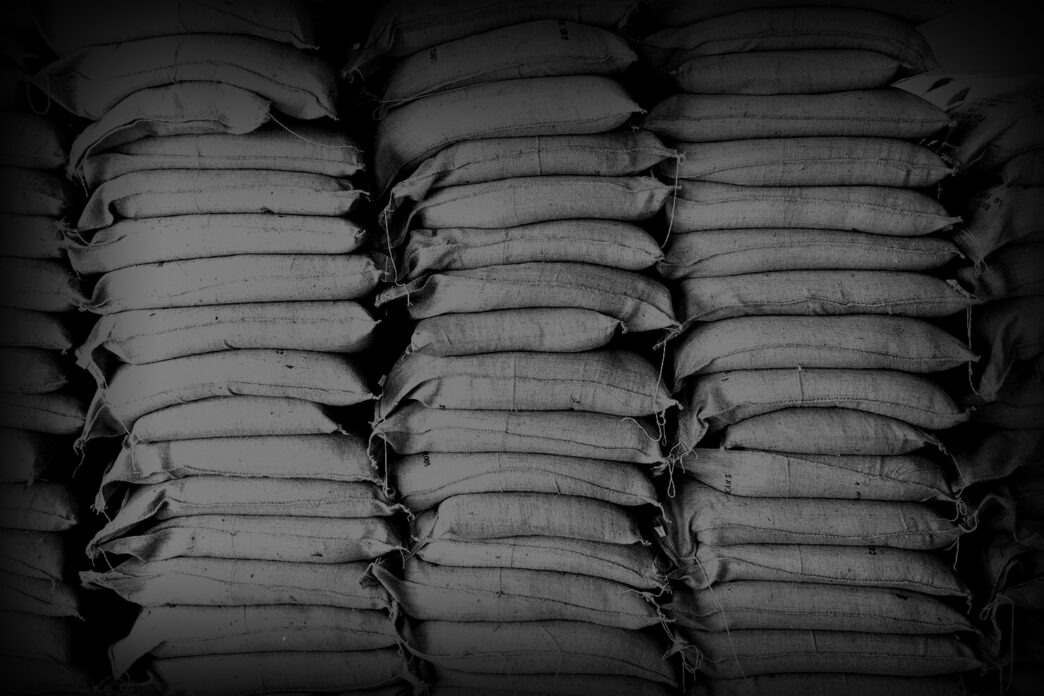The price of Arabica coffee futures on the commodities market has been skyrocketing over the past few months and has reached as high as $4.29 per pound. (Currently it sits at around $3.85.) After years of untenably and immorally low prices, these hikes have led to instability in the marketplace, which has in turn created the conditions for a new problem to emerge: green coffee theft. And it’s happening here on US soil.
Green coffee theft isn’t an entirely new problem, though rarely has it occurred on the demand side of the equation. As reported by Yahoo, theft is more common in producing countries like Brazil and Vietnam, where it can be lifted directly from storehouses at the farm, which are “more vulnerable because they are so isolated.” One such theft occurred on a farm in Minas Gerais in January, where armed robbers ran off with 500 bags of coffee, worth roughly $230,000.
In America, though, green coffee theft is exceedingly rare. Until now. It was a topic of discussion over the weekend at the NCA Convention in Houston, Texas. “There were dozens of thefts in the last year, something that would happen only rarely in the past,” state Todd Costley of Hartley Transportation, a New Hampshire-based freight broker.
The most common form of green coffee theft comes from organized gangs posing as transportation companies offering cheap and immediately available trucks to importers. Each truckload can contain up to 44,000 pounds of coffee, worth an estimated $180,000. This has led some importing companies to add tracking devices to their coffee bags, to act both as a deterrent and a means of recovering their product should theft occur.
The thing about lifted good is, they’re only worth as much as folks are willing to pay for them. If no one will buy black market green coffee, then its value is essentially zero. Which leads to the question: who is buying this coffee? Per Yahoo, “some market participants believe the gangs then try to sell the beans to smaller roasters, which are feeling the pain from sky-high prices.” But I mean more specifically.
Thus is the duality of the coffee industry in the 21st century. On one side, you have individuals paying fair prices in an effort to promote equity and sustainability on the production end of the supply chain. On the other, there are companies that will do anything to keep their prices low, including theft (and let’s be honest, that’s what buying stolen goods is). And if I had to bet, some of the latter market themselves as the former. Which is yet another reason to buy roasted coffee from brands you can trust, many of whom will post transparency reports so you can see exactly how much they paid.
Zac Cadwalader is the managing editor at Sprudge Media Network and a staff writer based in Dallas. Read more Zac Cadwalader on Sprudge.


























